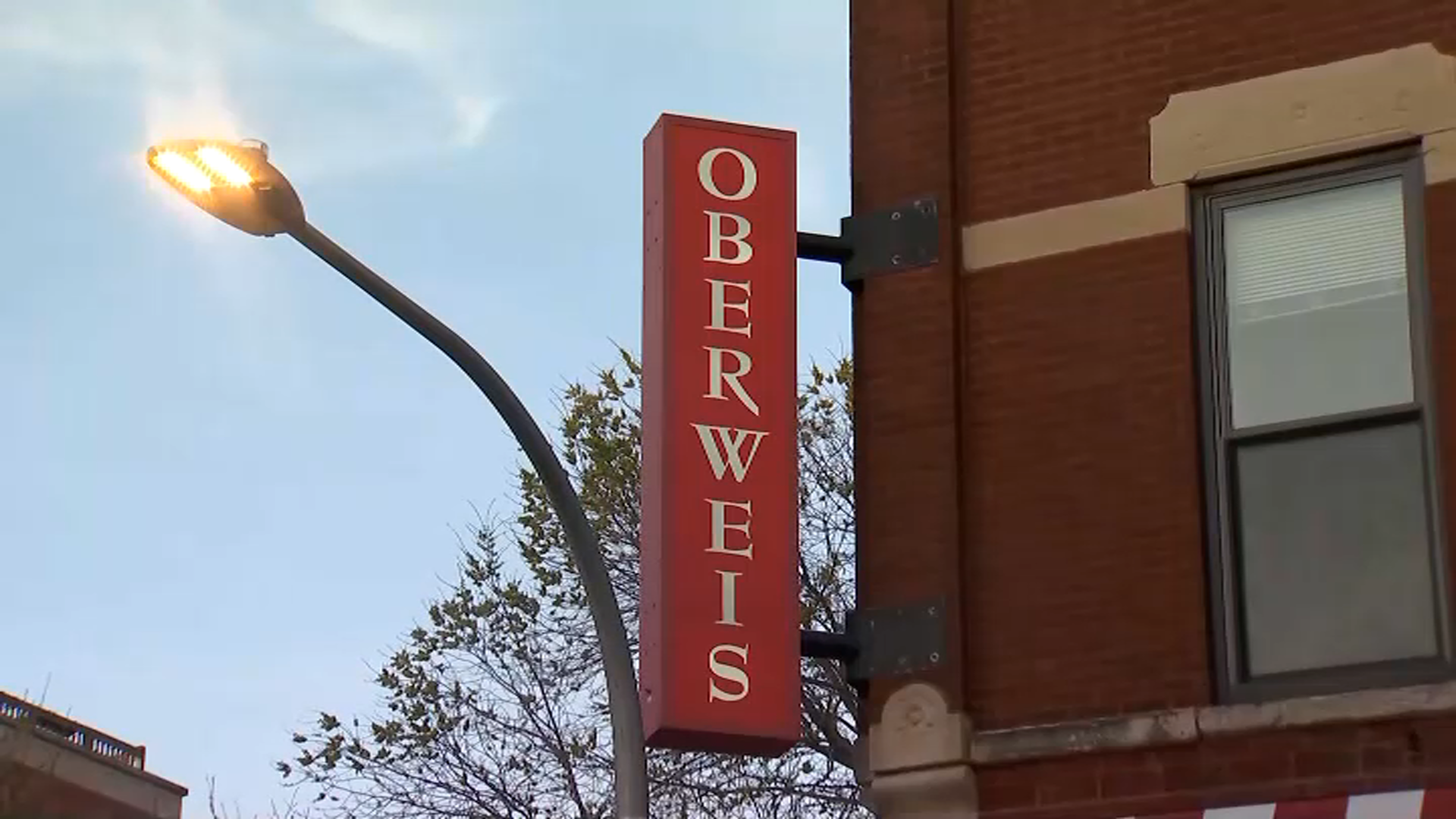Gov. J.B. Pritzker signed a "landmark" criminal justice and police reforms bill into law earlier this year, bringing an end to cash bail in Illinois and implementing new "police accountability" protocols.
But how will the reforms effect Chicago’s longstanding violence problem – if at all?
The law "increases accountability and transparency in law enforcement, modernizes our bail and sentencing systems, and provides for greater protections and more humane treatment of those who have been arrested and accused of crime.”
Cook County State's Attorney Kim Foxx has called it a "step in the right direction."
Feeling out of the loop? We'll catch you up on the Chicago news you need to know. Sign up for the weekly Chicago Catch-Up newsletter here.
“Right now we’re well positioned with the law, we really just need to work on having the community feel safe to come and help us solve these problems,” she said.
In an interview with NBC 5, Foxx admitted her office is a target of criticism.
“We have to remind people we are actually last responders,” she explained. “At the point where our office is involved, a crime is already committed, police have investigated, made an arrest and brought it to us.”
Local
Illinois House Republican Leader Rep. Jim Durkin, a former prosecutor, said he doesn’t support the criminal justice reforms like bail reform. Durkin added he’s been tracking how murder cases are handled.
“A hundred people at least who’ve been charged with first degree murder that were in the Cook County Jail that have been released on electronic monitoring,” he said. “I don’t understand that at all.”
Indiana, some say, gets blamed for supplying guns that fuel Chicago's violence, in part due to the state's less restrictive gun laws.
"Our laws in Indiana regulate lawful gun owners," said Indiana Sen. Jack Sandin, a Republican from Indianapolis. "I think that we have good laws in Indiana.”
When it comes to fighting crime, Cook County Public Defender Sharone Mitchell said there should be more emphasis on why people commit crimes and why they feel they must be armed.
“We think there’s a zero-sum game between reform and safety, and that’s just not true,” she said.
We think there’s a zero-sum game between reform and safety, and that’s just not true.
Lance Williams, a professor at Northeastern Illinois University who focuses on inner city studies, says Chicago isn’t hopeless, but changes are needed.
“…[Chicago] just needs to prioritize its resources in order to survive and not just think about the politics of a decision,” he said.
While the pendulum has swung towards reform, will it last?
“It will swing back, the public is not going to put up with it,” Durkin said.
“It’s not that the pendulum has swung too far, it’s..is what we’ve done working? What does the data show us, and if we’re doing something wrong, let’s fix it,” Foxx said.



